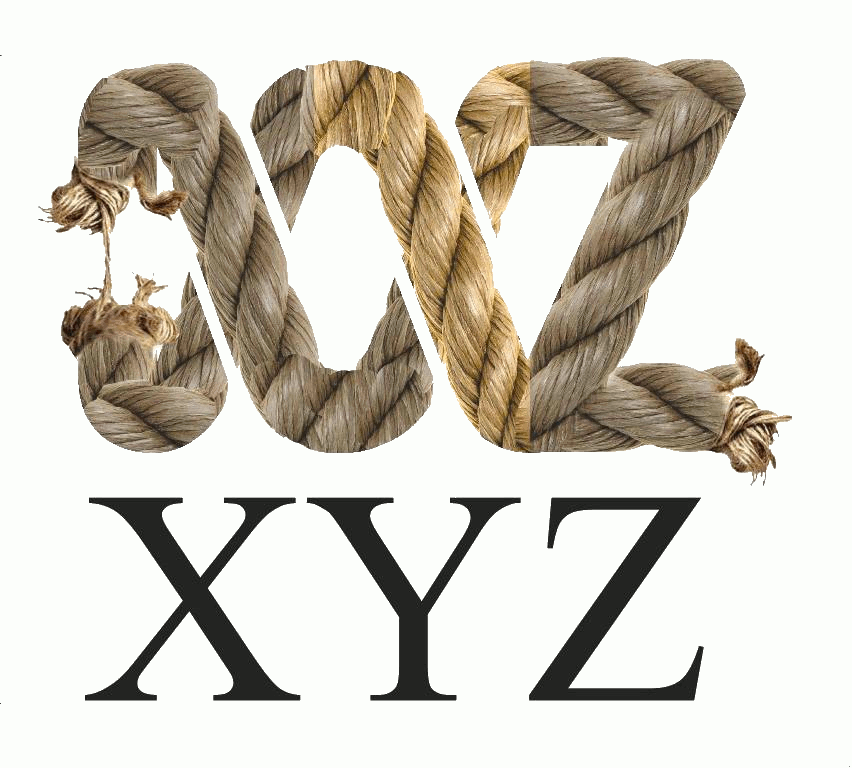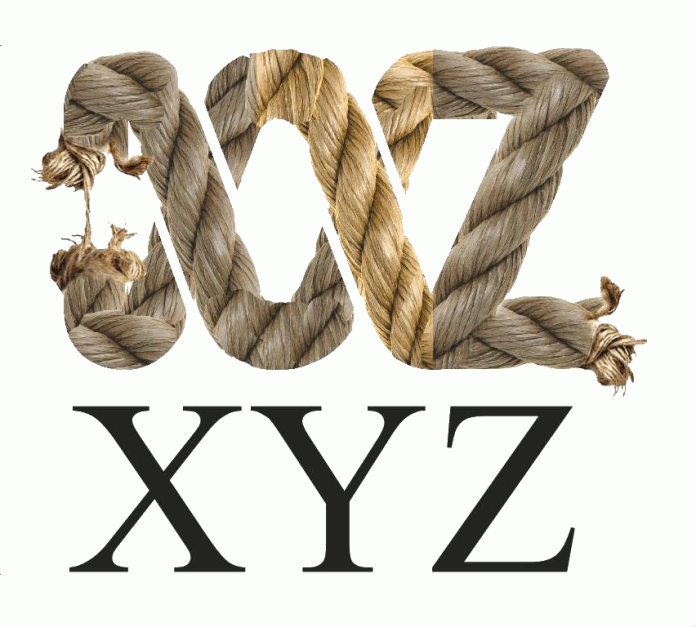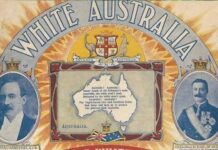In part 1 of this essay, I discussed how a child can absorb 600 years worth of “Classical Music,” through from conception to the end of their blissful years of school-free life. In part 2, I discuss how you can do the same with our Rock heritage, and why this is important.
On the car drive to your child’s first day of school, or at breakfast if school is in walking distance, introduce your child to the Rock’n’Roll of the 50’s. In years to come, he may not remember much about his first day of school, but instead of the embarrassing story about how he threw up or spent the whole day in tears, he will reminisce nostalgically about the first time he heard the strains of Buddy Holly. He will also quickly develop an obsession with Elvis, making him a hit with the girls and the teachers alike. A full two years of the music of the 50’s is advisable. You can even move back in time to give him a taste of the rhythm and blues of the decades before from which it drew.
 In grade two you can finally expose him to the genius that was The Beatles, Brian Wilson and the Beach Boys, Hendrix, the Bee Gees, The Kinks. He can be exposed to the folk revival, psychedelia, the holy rollers, and the anti-war idealists, and how it took on a darker turn toward the end of the decade, when the Summer of Love and hopes for revolution predictably degenerated into anarchy and violence.
In grade two you can finally expose him to the genius that was The Beatles, Brian Wilson and the Beach Boys, Hendrix, the Bee Gees, The Kinks. He can be exposed to the folk revival, psychedelia, the holy rollers, and the anti-war idealists, and how it took on a darker turn toward the end of the decade, when the Summer of Love and hopes for revolution predictably degenerated into anarchy and violence.
Grade 4 brings the 70’s, when Pink Floyd came into their own. Make sure that the first time he hears Led Zeppelin, mum is out and you turn up your stereo to 11. It will blow the awkward tween’s mind, and he will always cherish the raw power of the raucous riffs and soaring solos of Jimmy Page. Song writing in the 70’s reached a pinnacle, the understanding of jazz harmony combining with rock to propel the great song-writers of Fleetwood Mac, The Doors, Bill Whithers and Jackson Brown to fame. And although he may not appreciate it at first, and perhaps find it a little daggy, he will appreciate the compositional intricacy of ABBA in later years, and funk and disco will sound positively edgy compared to their saccharine melodies.
Van Halen’s first album was recorded in 1977, but given their total domination of the 80’s save the first hearing of Eruption for day 1, grade 6. Most importantly, spend a good three or four years exploring the music of this decade, as (IMHO) it represents the greatest pinnacle of the rock era. Bon Jovi, Def Leppard, INXS, ACDC, Bryan Adams, Cindy Lauper, Michael Jackson, Alice Cooper, Hall & Oats, Metallica; the list goes on and on and on.
 The most striking thing about the music of the 80’s is its unbridled optimism. It was the era when Ronald Reagan made it ok for Americans to feel good about themselves again, and when he stood up to the USSR, the USSR was found wanting. Musicians of the 80’s may not have necessarily gone along with this, and many in fact were definitely anti-Reagan and anti-Thatcher. But it was the decade when the reality of the chasm between the plenty of the free market and the stagnation wrought by communist economics became its most utterly apparent. And this was reflected in the music.
The most striking thing about the music of the 80’s is its unbridled optimism. It was the era when Ronald Reagan made it ok for Americans to feel good about themselves again, and when he stood up to the USSR, the USSR was found wanting. Musicians of the 80’s may not have necessarily gone along with this, and many in fact were definitely anti-Reagan and anti-Thatcher. But it was the decade when the reality of the chasm between the plenty of the free market and the stagnation wrought by communist economics became its most utterly apparent. And this was reflected in the music.
It is with this in mind that you can introduce them to the music of the 90’s around their mid-teens, years 9-10. By this stage, they will well and truly have started discovering music for themselves. They will spend much less time with you, and value your opinion even less, as they go through the painful but necessary process of separating themselves physically and psychologically from their parents. But when they venture to the kitchen to eat your food, they will hear Eddie Vedder’s beautiful voice gliding above the grungy production of Pearl Jam’s greatest moment, their debut, Ten. When you pick them up at midnight from a party, don’t waste your time interrogating your teenager regarding what they drank, smoked, or whether they used protection. Just make sure you have Faith No More, Nirvana, Alice In Chains, Sound Garden, Rage Against The Machine, Red Hot Chilli Peppers, Live, Stained, Silverchair, or REM playing softly while they pretend to ignore you. But especially important for the 90’s make sure they hear the dross. More than any other decade, the 90’s is in danger of being remembered for its highlights, rather than its dreary, incessant rejection of the achievements of the past.
As usual throughout their musical education, they won’t articulate it at first, but in time they will start to question why the ethics of production and musicality suddenly took a nose dive. He will wonder why the unbridled optimism had given way to wallowing self-pity, at the very moment that the existential threat of global nuclear war had subsided. He will perhaps question the idea that being against capitalism, being gay or openly feminist is subversive, when such stances appeared so financially lucrative in the 90’s. This may in turn lead him to question the outlook of today’s cultural elites, and invite him to question whose side they are on.
When your child graduate high school, so ends his musical education. He is ready to strike out his own path, to make his own history, even his own music. With a grounding in the development of music from the rebirth of Western culture to the present, he will have lived hours of sheer joy, and imbibed so much more- an appreciation of how philosophy, social relations, war, revolution and politics can be experienced through our music, how our music itself shaped this, and continues to shape who we are and what we represent. Here are just a few example of this: Beethoven’s furious rejection of Napoleon, who had marched across Europe in the name of Freedom, Equality and Fraternity, only to crown himself emperor, in the Funeral March of his Third Symphony; Neil Young’s “Rockin’ in the Free World” which was originally written as a critique of social policy in the US but was then ironically appropriated to celebrate the fall of Communism – the ultimate tribute to the fact that for all the anti-establishment ethos of Rock’n’Roll throughout the decades, it could never have happened anywhere else but in the West; or the way the Divinyls’ “I Touch Myself,” formerly a bold expression of female liberty in the 80’s, was recently, bizarrely, co-opted into “raising awareness” about breast-cancer in an environment so PC that people are too scared to point out how inappropriate this is.
Obviously, this summary, both of classical music and of rock is far from complete – I have barely skimmed the surface. Others will have different opinions of the music I have presented, and different perceptions of the way in which it progressed, so by all means, let the discussion begin. The important point to take from all this is that our music is one of our most prized possessions, and most important achievements, as a civilisation. It is both our heritage, and our bulwark. My fellow contributor Claire Preston puts it very, very well:
 “Music has a way of speaking to a deep part of ourselves – it can whisper truths about the universe – and about our place within it. So imagine if our young children were soaked in our heritage? This child would know her place culturally, and socially. And potentially have the confidence to speak with love about the richness and robustness of Western culture – when she is inevitably challenged with competing world-views.
“Music has a way of speaking to a deep part of ourselves – it can whisper truths about the universe – and about our place within it. So imagine if our young children were soaked in our heritage? This child would know her place culturally, and socially. And potentially have the confidence to speak with love about the richness and robustness of Western culture – when she is inevitably challenged with competing world-views.
“Moreover, our failure to form young people in this way (through music and other mechanisms of cultural transmission) leaves young people without a rudder to guide them when they are confronted with appealing but ultimately damaging ideologies.
“Will a teenager raised on Bach then Bon Jovi be able to resist the tides of Islam or Progressivism? Hard to say, but it’s certainly worth a good damn shot.”










